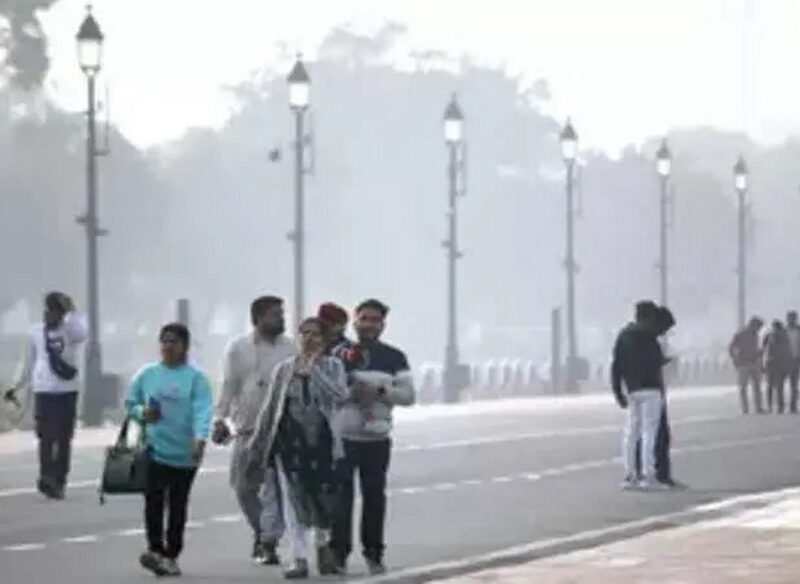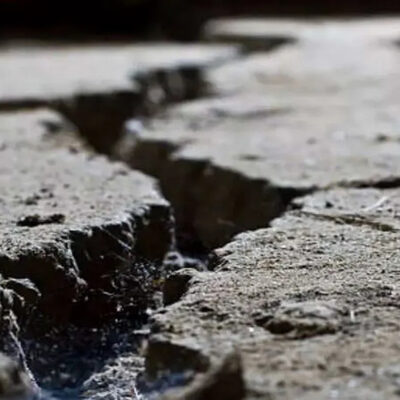A recent report by IQAir has shed light on the dire state of air quality in India, particularly in Delhi and Begusarai, highlighting the significant health risks posed by air pollution.
Delhi: The World’s Most Polluted Capital
Delhi has been identified as the world’s most polluted capital city, showcasing a concerning trend of deteriorating air quality. In 2023, the average annual PM2.5 concentration in Delhi reached 92.7 micrograms per cubic meter, a significant increase from the previous year’s 89.1 micrograms per cubic meter. This persistent high level of air pollution has earned Delhi the unenviable title of the most polluted capital city for four consecutive years since 2018.
Begusarai: A Startling Revelation
Begusarai, a metropolitan area in Bihar, emerged as the most polluted city globally, surpassing all other regions in terms of PM2.5 concentration. With an average PM2.5 concentration of 118.9 micrograms per cubic meter, Begusarai’s air quality paints a grim picture of pollution levels in certain parts of India.
National Concerns and Global Rankings
India, as a whole, ranked third in terms of poor air quality among 134 countries, with an average PM2.5 concentration of 54.4 micrograms per cubic meter in 2023. This ranking marks a concerning escalation from the previous year, where India was positioned as the eighth most polluted country.
Health Implications and WHO Guidelines
The World Health Organization (WHO) recommends an annual guideline level of 5 micrograms per cubic meter for PM2.5 concentrations. However, a staggering 1.36 billion people in India experience PM2.5 concentrations exceeding this guideline. Furthermore, 1.33 billion people, constituting 96% of India’s population, are exposed to PM2.5 levels more than seven times the WHO’s annual guideline.
Data Collection and Report Insights
IQAir’s report utilizes data from over 30,000 air quality monitoring stations worldwide, including regulatory facilities, research institutions, and citizen scientists. The 2023 report expanded its coverage to include 7,812 locations across 134 countries, providing a comprehensive overview of global air pollution trends.
The Urgency of Addressing Air Pollution
Air pollution remains a critical environmental and public health challenge, contributing to an estimated one in every nine deaths worldwide. The WHO attributes seven million premature deaths annually to air pollution, emphasizing the urgent need for robust mitigation strategies and collective action to safeguard human health.
The detrimental effects of air pollution extend beyond respiratory issues, impacting cognitive development in children, exacerbating existing health conditions, and posing significant risks to overall well-being. As India grapples with escalating pollution levels, concerted efforts towards cleaner air and sustainable practices are imperative to protect lives and ensure a healthier future.










Comments